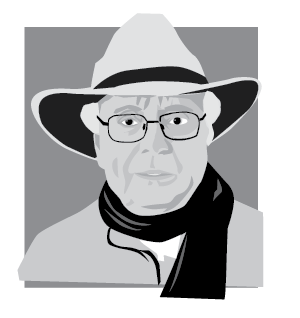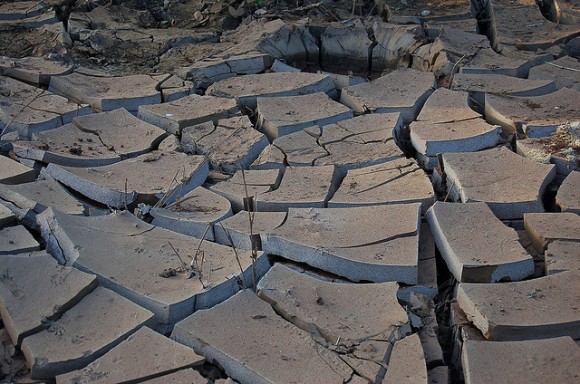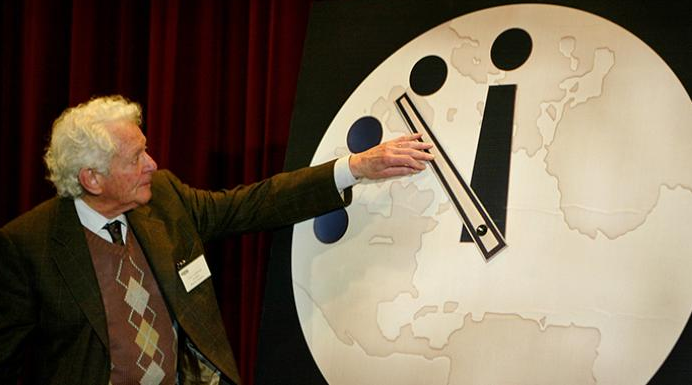aNewDomain — The US dropped that first nuclear bomb 70 years ago August 6, 1945. No one wants another Hiroshima. But wishing it won’t happen won’t make it so.
— The US dropped that first nuclear bomb 70 years ago August 6, 1945. No one wants another Hiroshima. But wishing it won’t happen won’t make it so.
The nuclear warning clock at this writing is just three minutes away from midnight. The dial did freeze after the announcement of the US-Iran nuclear deal. But there are literal bombs and figurative ones like environmental disasters brought on by unrestrained human abuses on the Earth and its resources. And there’s climate change.
Why the Doomsday Clock stopped — for now.
The point of no return on the non-proliferation of nuclear weapons has not yet been reached in the Middle East. The US Congress and Senate will approve, likely by a small margin, the new agreement set forth by US President Barack Obama in this regard. And, as long as Israel is the tail who refuses to wag the dog, the Doomsday Clock could slow its race toward midnight, at least for a while.
 That said, the 70th anniversary of the Hiroshima bomb is a time for reflection on what the recent stoppage of the Doomsday Clock really means, if anything.
That said, the 70th anniversary of the Hiroshima bomb is a time for reflection on what the recent stoppage of the Doomsday Clock really means, if anything.
The Star reports:
The last time the hands of the clock were so close to midnight, in 1984, it was because relations between the U.S. and Soviet Union had reached ‘an icy nadir.'”
At least today we are alive and we know Doomsday has not yet come. We have yet to cross the nuclear point of no return.
But there’s another threat:
In fact, some scientists say it is well past midnight on another clock: The climate disaster clock.
Here’s what Matt Taibbi wrote this week in Rolling Stone:
Historians may look to 2015 as the year when shit really started hitting the fan. Some snapshots: In just the past few months, record-setting heat waves in Pakistan and India each killed more than 1,000 people. In Washington state’s Olympic National Park, the rainforest caught fire for the first time in living memory.”
Obama, on the other hand, does not believe or he does not say he believes that his latest EPA power plant executive plan is too late. He said:
But I am convinced that no challenge poses a greater threat to our future and future generations than a changing climate … I believe there is such a thing as being too late. That shouldn’t make us hopeless. It’s not as if there’s nothing we can do about it. We can take action.”
“Some say the world in fire, some say in ice … “
Climate change has reached this point of no return — it creeped up on us. It doesn’t have the same high drama value of radioactive mushroom clouds, of warring nations and evil dictators. It comes slowly, surely and quietly.
 Climate scientists warn that climate changes do stand to freeze some and fry others. Many predict that more and more strange weather events will confront us and our children. Obama and world leaders are beginning to make some changes, but most are too little, too late, climate experts say.
Climate scientists warn that climate changes do stand to freeze some and fry others. Many predict that more and more strange weather events will confront us and our children. Obama and world leaders are beginning to make some changes, but most are too little, too late, climate experts say.
An increasing number of climatologists say climate change is a blow-back effect that mirrors our unsustainable pace of growth.
Ironically, our self-annihilation may well not arrive as a nuclear event but as a slow world change, brought on by tragic, long term and incredibly persistent blindness.
For aNewDomain, I’m David Michaelis.
Images in order: Cover image of Doomsday Clock at founding in 1947: Catholic.org, All Rights Reserved; Nuclear Explosion by Robert Huffstutter via Flickr; Bulletin of The Atomic Scientists; Dry Riverbed: by Shever via Flickr.
Above subheading from Robert Frost’s (1920) poem, “Fire and Ice,” readable in full below.
Fire and Ice
Some say the world will end in fire,
Some say in ice.
From what I’ve tasted of desire
I hold with those who favor fire,
Buf if I had to perish twice,
I think I know enough of hate
To say that for destruction ice
is also great
And would suffice.
by Robert Frost (1920)













